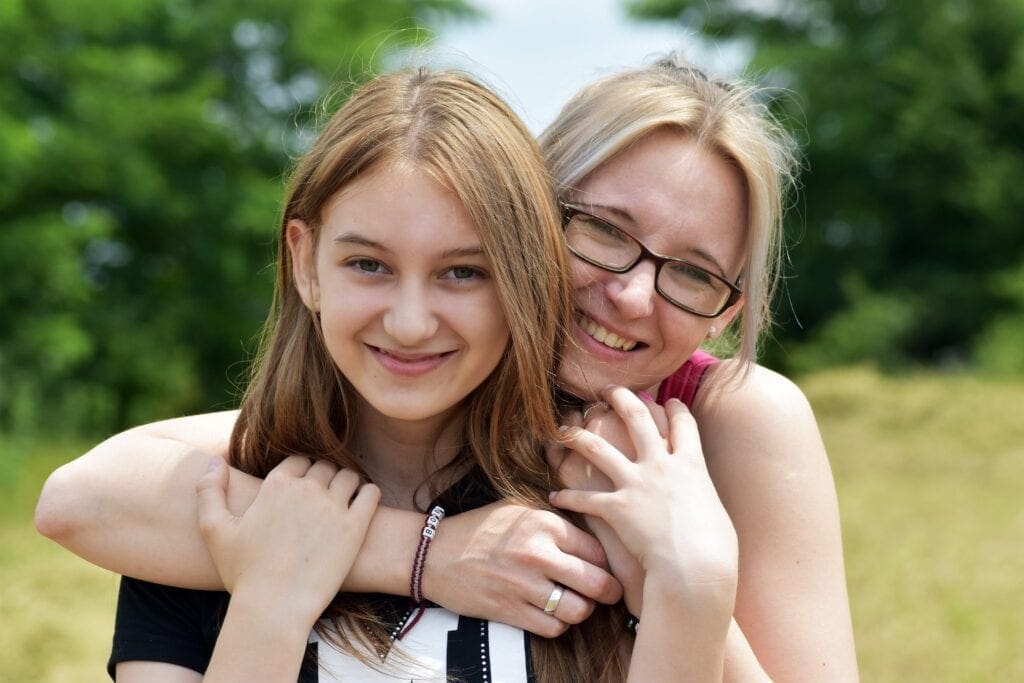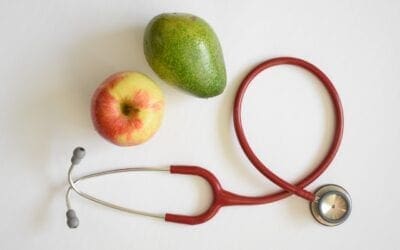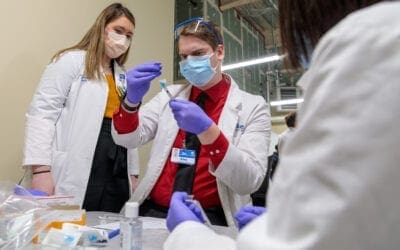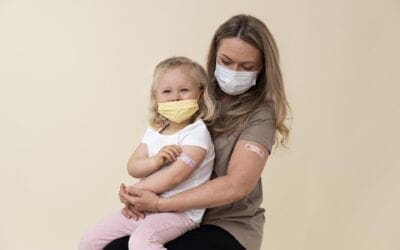COVID-19 Vaccine for Adolescents and Teens: What Parents Should Know

NOTE: This COVID-19 post is over a year old and may contain outdated information. It has been left up for archival purposes only. For the most up-to-date information on masking, vaccines, and more, visit the CDC’s website.
This blog was published in May 2021. As of June 2022, the FDA has authorized the emergency use of the Pfizer COVID-19 vaccine in children ages 6 months to 4 years. Additionally, it authorized the emergency use of the Moderna COVID-19 vaccine in children 6 months to 5 years.
The FDA authorized the emergency use of the Pfizer COVID-19 vaccine in children ages 5 to 11 in November 2021.
Last week, the FDA authorized the emergency use of the Pfizer vaccine in 12-to-15-year-olds, and the CDC recommended its use in this age group. If you have children 12 and older, here are eight things to know about COVID-19 vaccination in adolescents and teens:
1. The Pfizer vaccine is safe.
The Pfizer vaccine is safe for children aged 12-15 years and teens aged 16 and older. Thousands of teens and children participated in the clinical trials to show that the vaccine is safe for 12-year-olds and older.
Teens aged 16-17 were among the thousands of volunteers who participated in the clinical trials that started a year ago. Those trials, coupled with the results from millions who have already been vaccinated, show that the Pfizer vaccine is safe and is 95% effective in preventing COVID-19.
2. The vaccine works in adolescents.
During the clinical trials, 2,250 volunteers between the ages of 12 and 15 participated, and they found no cases of COVID-19 among fully vaccinated adolescents.
3. Mild side effects are normal.
Adolescents reported side effects similar to adults in the clinical trials. The main side effect reported in this age group was a sore arm. Some may experience tiredness, muscle aches, or headaches. Side effects are a sign that the immune system is learning how to recognize and fight the COVID-19 virus.
4. Children can get COVID-19.
Even though children are at a lower risk of severe disease from COVID-19, it doesn’t mean that there is no risk. Children can spread COVID-19 to others who may be more at risk for severe disease from COVID-19.
Additionally, some children have gone on to develop multisystem inflammatory syndrome (MIS-C) from COVID-19 infection.
5. Vaccinated people can safely enjoy the activities they love.
Once fully vaccinated, adolescents and teens can safely participate in activities without the need to wear a mask, social distance, or quarantine if exposed. Starting vaccination now means they’ll be fully vaccinated come summer, and able to do more of the things they’ve been missing — such as socialize with their vaccinated friends and return to sports, camps, and activities.
Despite the loosening of some restrictions, COVID-19 transmission is still possible until enough of the population is vaccinated. Getting vaccinated can give both you and your child peace of mind.
6. How to make an appointment.
Many locations throughout the Kansas City metro have the Pfizer vaccine. Parents or legal guardians can bring their children who are aged 12 and older to vaccination sites, clinics, and pharmacies. You can find the Jackson County Health Department’s COVID-19 clinics at jcph.org/events or other vaccination sites at https://www.vaccines.gov/search/.
In most situations, a parent or guardian will need to sign a consent form and be present when their child is vaccinated.
7. What to expect at a COVID-19 vaccination appointment.
After getting checked in, the nurse will ask your child some questions about their health. They will receive the vaccine and will be asked to wait for 15 or 30 minutes afterward to monitor for reactions. After this, your child will be given a vaccine record card indicating when and where they received the vaccine and when their second dose is due.
8. Where to go if you have additional questions.
- Talk with your child’s healthcare provider.
- CDC – COVID-19 Vaccines for Children and Teens
- American Academy of Pediatrics
Archives
- February 2026 (1)
- December 2025 (1)
- November 2025 (2)
- September 2025 (1)
- July 2025 (2)
- June 2025 (3)
- April 2025 (2)
- January 2025 (2)
- December 2024 (1)
- September 2024 (2)
- August 2024 (2)
- July 2024 (1)
- June 2024 (1)
- February 2024 (1)
- July 2023 (1)
- March 2023 (1)
- October 2022 (1)
- September 2022 (1)
- August 2022 (1)
- July 2022 (2)
- June 2022 (2)
- May 2022 (1)
- April 2022 (4)
- March 2022 (1)
- February 2022 (1)
- January 2022 (1)
- December 2021 (4)
- November 2021 (3)
- September 2021 (2)
- August 2021 (3)
- July 2021 (2)
- June 2021 (1)
- May 2021 (2)
- March 2021 (1)
- December 2020 (6)
- November 2020 (8)
- October 2020 (4)
- September 2020 (7)
- August 2020 (3)
- July 2020 (11)
- May 2020 (2)
- April 2020 (4)
- March 2020 (1)
Categories
- Communicable Disease (5)
- Clinical Services (19)
- Clinical Servcies (1)
- Health Promotions (74)
- Emergency Preparedness (8)





